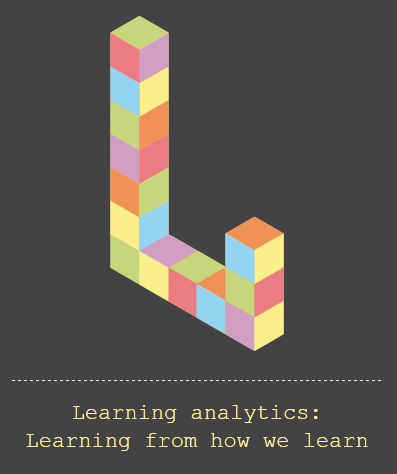Learning analytics – UPCnet
- Moodle, MySQL, R, Statistics and Computing
Home » Success Stories »
Description
This is a collaborative research and open innovation project carried out by different research groups with UPCnet and the support of inLab FIB, which will enhance and transfer knowledge in the area of “learning analytics” with the aim of promoting innovation, improvement and competitiveness of UPCnet products and services in the field of support for learning processes (e-learning and virtual campus) and the management of these processes.
The research and innovation area on “learning analytics” combines different techniques such as educational data mining, business intelligence, social network analysis, sentiment analysis or conceptual modeling of educational data, among others, to obtain information and knowledge about the functioning and results of the educational system at different levels. These techniques make it possible to detect and interpret symptoms from the available information and digital traces, as well as to adapt the behavior of the system accordingly. An example of application would be the identification of students at risk of failure or in need of special help, in order to adapt learning tools or suggest specific actions.
Although this is a very broad area of research that requires a lot of effort and time to address in depth, a set of initial challenges to be carried out within the framework of this project will be reviewed and prioritized periodically.
The lines to be explored are:
- Definition of indicators of learning outcomes at different levels, starting with the global or macro level (for the educational authority) and then moving on to the meso (educational institution) and micro (individual) levels.
- Data capture, integration and modeling
- Analysis of data available to moodle-based virtual campuses.
- Plugins and other existing moodle tools to provide indicators on course tracking.
- Analysis of other possible sources of information such as the results of competency tests or study management systems.
- Conceptual modeling of information.
- Integration of data from different sources under a single conceptual model.
- Educational data mining to analyze the available data in order to obtain and infer the desired indicators to meet the information needs.
- Intuitive visualization tools intended for students, teachers and managers, by first developing a dashboard intended for the educational authority (macro level).
- Technology watch on the use of learning analytics in other places and/or fields.
- Relationship to adaptive and personalized learning tools (adaptative and personalized learning)
Articles and presentations
- Albert Abelló i Oscar Romero, directors del postgrau en Big Data, dirigeixen el projecte Big Data Analytics Lab, Blog UPC School, 8 juny 2016
